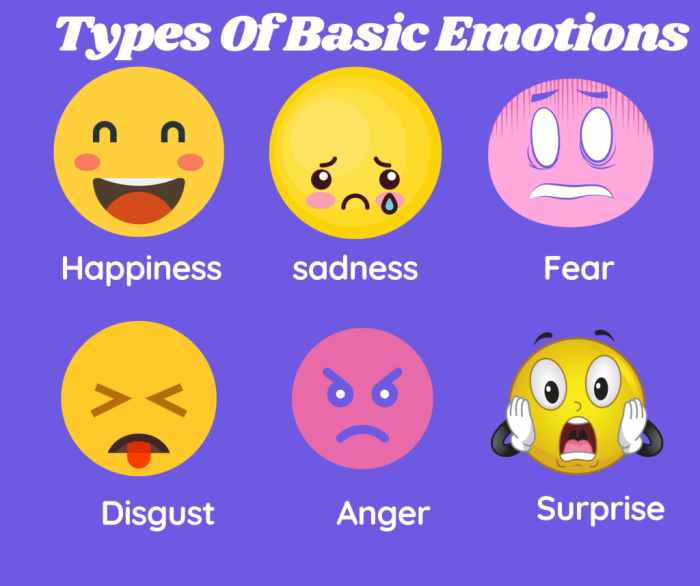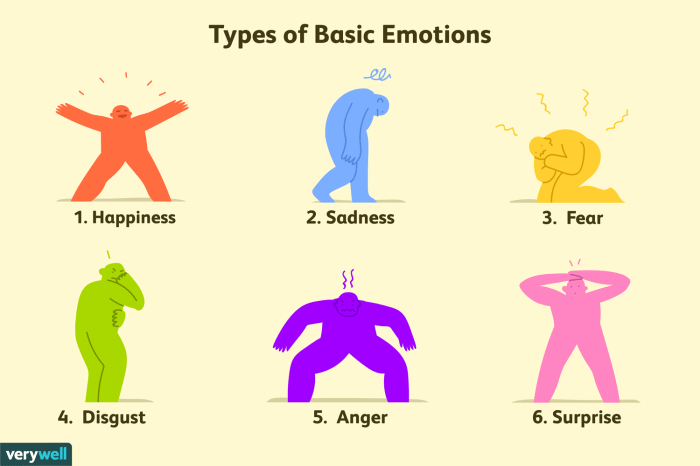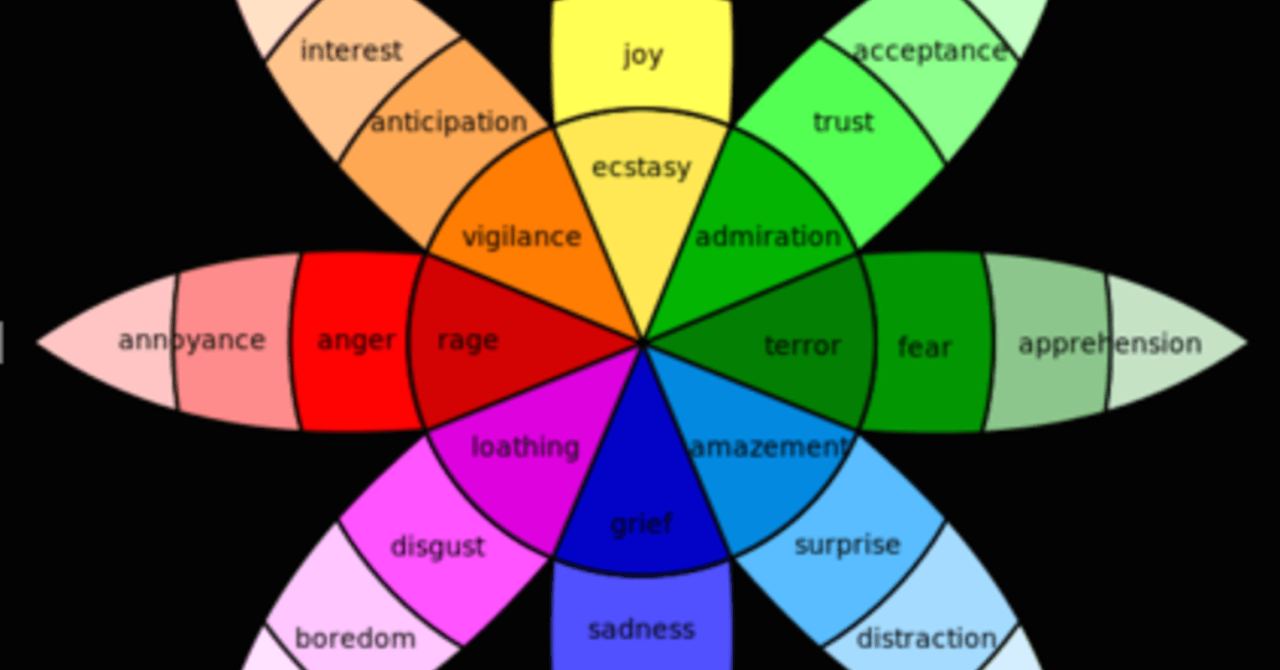Delving into the elemental parts of human nature crossword, this exploration immerses readers in a unique and compelling narrative, with gaya akademik dengan tone otoritatif that is both engaging and thought-provoking from the very first sentence.
The crossword puzzle serves as a thought-provoking medium, inviting us to unravel the intricate tapestry of human nature. Through its clues and answers, we embark on a journey to uncover the fundamental aspects that define our humanity, promising insights into the complexities of our thoughts, emotions, and behaviors.
Elemental Parts of Human Nature: Elemental Parts Of Human Nature Crossword

The concept of human nature encompasses the fundamental characteristics and traits that define humanity. These elemental parts shape our thoughts, feelings, and behaviors, and have been the subject of philosophical, scientific, and artistic inquiry for centuries.
Different perspectives on human nature range from the belief that we are inherently good or evil, to the view that we are shaped by our experiences and environment. Some theories emphasize our rational and logical nature, while others highlight our emotional and intuitive side.
Examples of how human nature manifests in behavior include our capacity for love, empathy, and cooperation, as well as our susceptibility to fear, aggression, and prejudice.
Crossword Puzzle Analysis
Crossword puzzles often incorporate clues that relate to the elemental parts of human nature. For instance, a clue might ask for a synonym for “compassion,” revealing our innate capacity for empathy.
The overall structure and design of the crossword puzzle can also provide insights into human nature. The placement of certain words or phrases can suggest relationships between different elemental parts.
Cultural Influences on Human Nature, Elemental parts of human nature crossword
Culture plays a significant role in shaping our understanding of human nature. Different cultures define and interpret the elemental parts of humanity in unique ways.
For example, some cultures emphasize the importance of individualism and self-reliance, while others prioritize collectivism and social harmony. These cultural values influence our expectations and behaviors.
Historical Perspectives on Human Nature
Ideas about human nature have evolved throughout history. Ancient Greek philosophers such as Aristotle believed that humans were rational beings capable of virtue and knowledge.
In contrast, Christian theologians during the Middle Ages emphasized the inherent sinfulness of human nature. Enlightenment thinkers like John Locke viewed humans as blank slates shaped by experience.
Philosophical Implications
The elemental parts of human nature have profound philosophical implications. They raise questions about ethics, morality, and free will.
For instance, if humans are inherently good, then why do we commit evil acts? If we are shaped by our experiences, do we have true freedom of choice?
Top FAQs
What are the key elemental parts of human nature?
The elemental parts of human nature encompass a range of fundamental aspects, including our emotions, thoughts, desires, instincts, and values.
How does culture influence our understanding of human nature?
Culture plays a significant role in shaping our perceptions of human nature, influencing our beliefs about what is considered “natural” or “unnatural,” “good” or “bad.”
What are the major psychological theories that attempt to explain human nature?
Major psychological theories that seek to explain human nature include psychoanalysis, behaviorism, cognitive psychology, and humanistic psychology.


